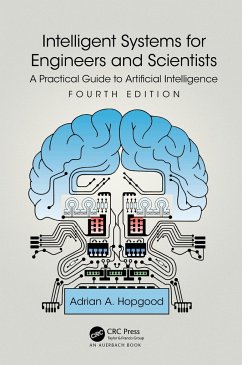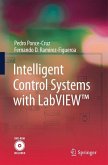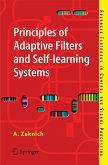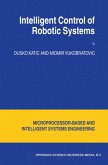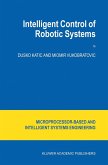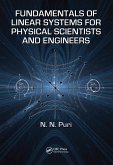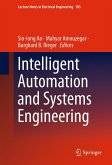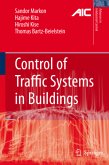The fourth edition of this bestselling textbook explains the principles of artificial intelligence (AI) and its practical applications. Using clear and concise language, it provides a solid grounding across the full spectrum of AI techniques, so that its readers can implement systems in their own domain of interest. The coverage includes knowledge-based intelligence, computational intelligence (including machine learning), and practical systems that use a combination of techniques. All the key techniques of AI are explained-including rule-based systems, Bayesian updating, certainty theory, fuzzy logic (types 1 and 2), agents, objects, frames, symbolic learning, case-based reasoning, genetic algorithms and other optimization techniques, shallow and deep neural networks, hybrids, and the Lisp, Prolog, and Python programming languages. The book also describes a wide range of practical applications in interpretation and diagnosis, design and selection, planning, and control. Fully updated and revised, Intelligent Systems for Engineers and Scientists: A Practical Guide to Artificial Intelligence, Fourth Edition features: A new chapter on deep neural networks, reflecting the growth of machine learning as a key technique for AI A new section on the use of Python, which has become the de facto standard programming language for many aspects of AI The rule-based and uncertainty-based examples in the book are compatible with the Flex toolkit by Logic Programming Associates (LPA) and its Flint extension for handling uncertainty and fuzzy logic. Readers of the book can download this commercial software for use free of charge. This resource and many others are available at the author's website: adrianhopgood.com. Whether you are building your own intelligent systems, or you simply want to know more about them, this practical AI textbook provides you with detailed and up-to-date guidance.
Hinweis: Dieser Artikel kann nur an eine deutsche Lieferadresse ausgeliefert werden.
Hinweis: Dieser Artikel kann nur an eine deutsche Lieferadresse ausgeliefert werden.
The problem-oriented nature of the book and its pragmatism towards applied AI separates it from many other AI books. I have used the 2nd edition of the book on several aspects of modules taught in Data Analytics. As the new edition has an extended range of topics such as optimization algorithms, neural networks, deep learning, and intelligent agents, it also serves as an excellent and comprehensive reference book on AI topics for applied research.-Dr. Frederic Stahl, Senior Researcher at the German Research Center for Artificial Intelligence (DFKI GmbH)
The problem-oriented nature of the book and its pragmatism towards applied AI separates it from many other AI books. I have used the 2nd edition of the book on several aspects of modules taught in Data Analytics. As the new edition has an extended range of topics such as optimization algorithms, neural networks, deep learning, and intelligent agents, it also serves as an excellent and comprehensive reference book on AI topics for applied research.-Dr. Frederic Stahl, Senior Researcher at the German Research Center for Artificial Intelligence (DFKI GmbH)

